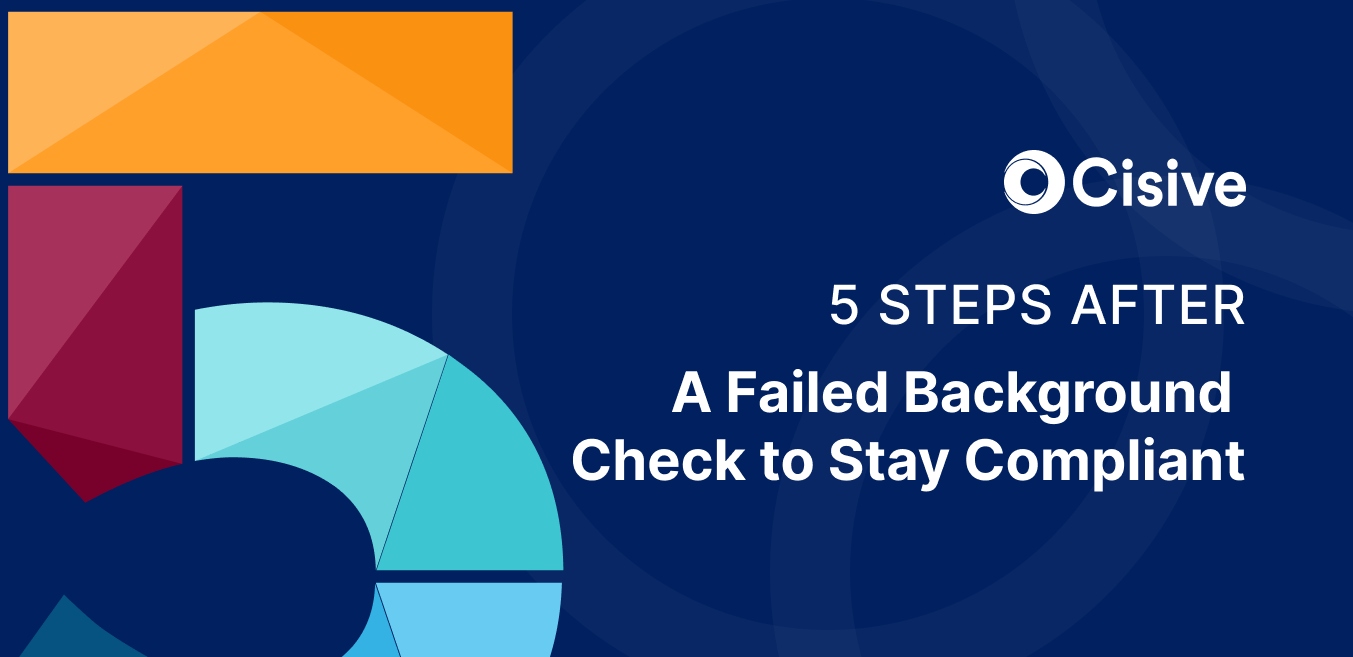Once you’ve applied for a position and been offered the job, you may feel optimistic about your future with the company. But before accepting the offer, it is important to do a check of the company’s history and its employees. Unfortunately, sometimes something goes wrong during the process and you are informed that your background check did not meet company standards.
What is a background check?
Background checks are carried out on individuals to ensure they have no criminal history or other red flags that would prevent them from being employed in a position of trust. A criminal record can show that an individual is not credible and can lead to his or her refusal of a job even if he is otherwise qualified.
A background check can include verifying the applicant’s employment history, criminal record, and credit score.
The importance of a background check
Background checks are an important part of the employment process for any position, but especially for jobs that carry a high level of responsibility or exposure. A background check can help ensure that a potential employee is qualified for the position and doesn’t have any criminal records or other issues that could negatively impact their performance.
A background check can help prevent theft or fraud in the workplace. Many companies now require employees to undergo a history check before they are hired, and many more require periodic checks during employee tenure with the company. Background checks can also be used to monitor employees who may have access to sensitive information or devices.
Employers should always bear in mind that they have the right to refuse to hire someone based on a background check if it turns out to be insufficient. They also need to be aware of their legal rights when it comes to using and exchanging information obtained through a background check.
Basic steps for a background check
Background checks can help prevent burglaries and other criminal activities, but they can also disqualify someone from finding a job. There are four basic steps to conducting a background check: obtaining an employment history, checking financial records, checking vehicle driving records, and verifying education.
- Job History
Employment history is the most important part of a background check. This includes looking into previous jobs held full and part-time, as well as any voluntary work. It is important to stress that employers are not required to provide this information, so be prepared to provide documentation if necessary.
- Checking financial data
Financial records may include bank statements, credit reports, and tax statements. It is important to determine whether there is any burden or judgment against the applicant’s name or assets. Moreover, creditors can report overdue debts to credit agencies.
- Checking driving data
Driving data should be checked because a lot of criminal activity involves driving. It is possible to obtain false identification documents through false driver’s licenses or stolen identities.
- Verification of Education
Verification of education is particularly important for positions that require professional certification or licensing, such as doctors or lawyers. Educational institutions may report interruption of hours or absences that would indicate alcohol abuse or other negative behavior.
The risks of not doing background checks after a job offer
- You may not be able to get the job. Your employer may not be willing to hire you if it knows your background check hasn’t been completed. They may also be unwilling to work with you if they think you can pose a risk to them or their customers.
- You may face legal problems. If your criminal history or other disturbing information appears in your background check, you may find yourself facing legal trouble. This includes things like the inability to rent an apartment, dismissal from work, or even eviction from the United States.
- You may face safety issues at work. If you have criminal precedents or other information about your background, you likely won’t be allowed in certain types of building plazas or dangerous jobs like law enforcement or fireworks. This could endanger you and others if something were to happen at work.
- You could lose your job anyway. Even if your background check isn’t complete, chances are good your employer will open up some basic screens to you before offering you the job anyway. An incompetent background check could mean they don’t believe you’re fit for the position
